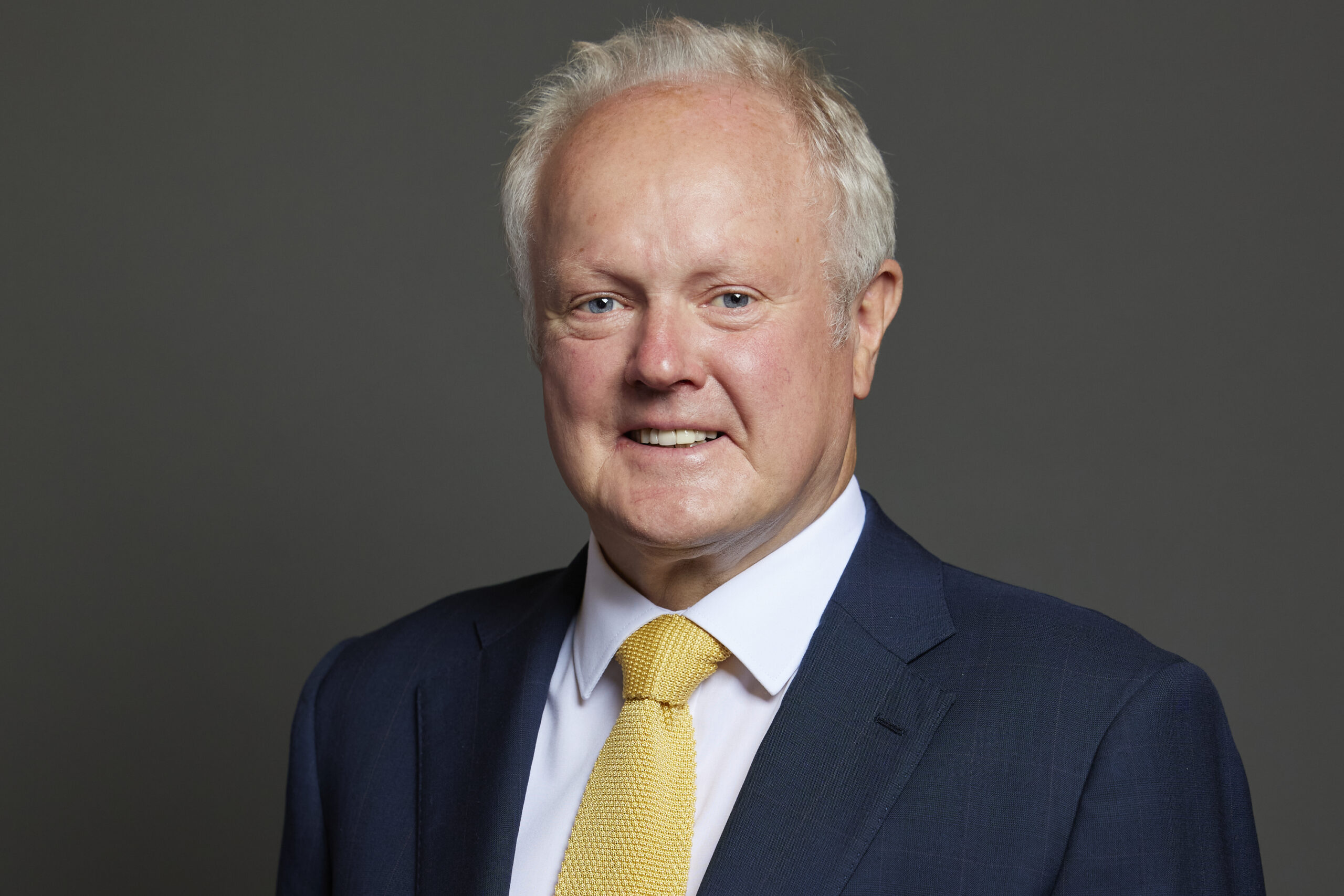Since being elected last year, improving cancer care in the UK has been a key priority of mine. But to sufficiently improve the quality and availability of care for cancer patients, the Government must tackle the systemic issues affecting the NHS workforce behind it.
On Thursday the 22nd of October, I had the privilege of leading the ‘Impact of NHS workforce levels on cancer patients’ debate among fellow MPs in Westminster Hall. It was a vital opportunity to call for updates to both the National Cancer Plan and the 10 Year Workforce Plan, as we cannot hope to improve cancer care without tackling workforce shortages.
Across the UK, 73% of hospitals are failing to meet the NHS’ 62-day cancer treatment target – a dreadful statistic.
However, this is not the fault of the thousands of dedicated NHS staff working tirelessly to care for patients. Staff shortages, limited equipment, lack of training and outdated infrastructure are obstacles they must navigate every day, simply to provide care for their patients.
This is the unfortunate legacy left behind by the Conservative Government after 14 years in power. Now, it is Labour’s responsibility to support the NHS workforce and deliver quality cancer care.
Firstly, the huge shortfalls in the NHS workforce must be addressed. Just one third of staff believe that there are enough people to perform roles effectively, according to Lilly UK.
This shortfall is impacting every specialism of cancer care, and the statistics are stark.
The Royal College of Radiologists report a 29% shortfall in radiologists. The Royal College of Pathologists report 60% of consultants feel their departments are lacking sufficient resources and staff. In genomics, a shortage of pathologists is causing just 60% of tests being delivered on time. Clinical oncology faces a 15% shortfall, predicted to grow to 19% by 2029. The list goes on.
NHS staff are stretched beyond breaking point, and yet the previous Government did little to mitigate this. Clinical Nurse Specialists (CNS) play a vital role in supporting cancer patients by providing direct and indirect care and improving patient outcomes, but only 65% of patients say their CNS had enough time for them.
Cancer patients and their families deserve guaranteed access to an appropriate CNS when and where they need them.
The resolution to this issue is clear. Labour must not only increase the recruitment, training and retention of staff, but also ensure that retiring staff are quickly replaced for the sake of patients.
In addition to the shrinking NHS workforce, the UK has some of the lowest numbers of PET, CT and MRI scanners per million people in comparable countries.
So, when scanning equipment is available, who will be there to operate it? In the case of one respondent to my survey ahead of the debate, after finally securing a CT scan appointment, he found that there was no-one there to operate the machine.
It is absolutely essential that the Government ringfences investment for diagnostic infrastructure and the staff to operate it.
These scans are essential in securing early diagnosis of cancer, but just 66.7% of breast cancer patients began treatment within 62 days of referral. According to Breast Cancer Now, if the 85% target had been met each month in 2025, an extra 2,931 people would have begun treatment on time.
Diagnostic tests, especially in phlebotomy, are in similar need of investment and auditing, as Leukaemia UK have reported that limited phlebotomy capacity was the top reason for delayed full blood count test. This is a basic, inexpensive and life-saving tool. The Government must establish a national register of available phlebotomy sites for the sake of staff and patients.
For patients with less survivable cancers, this tidal wave of issues is disproportionately impacting them and their families. Patients with lung, brain, stomach, liver, oesophageal or pancreatic cancer have an average five-year survival rate of around 16% and simply cannot be expected to bear the brunt of the Conservatives’ failures within the NHS.
It is up to the Labour Government to reverse this crisis impacting cancer patients at one of the most vulnerable times of their lives. Effective workforce planning must become an integral part of both the National Cancer Plan and the 10 Year Workforce Plan. As I said in my closing remarks, lives depend on the outcome.


